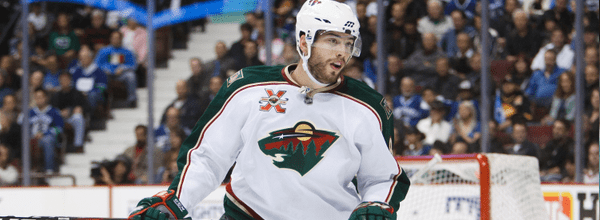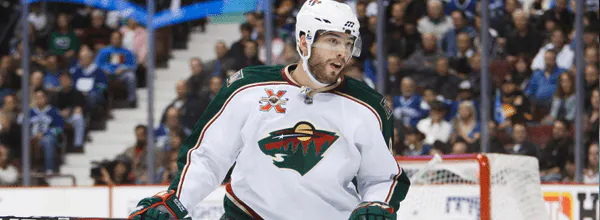Is Brent Burns Now an Elite Defenseman?


The big trade during the 2011 NHL Entry Draft came towards the end of the first round as the San Jose Sharks acquired Brent Burns and a second round pick in next year’s draft for the Minnesota Wild’s first round pick this year, Charlie Coyle and the recently re-signed Devin Setoguchi. To give up a package of that nature, clearly the Sharks felt they would add an elite defender in Burns, a player whose inconsistency and injury issues have prevented him from attaining stardom.
In the wake of Dan Boyle decreasing his goal totals from 15 and 16 to nine this past season, Burns will represent a new partner on the powerplay point and possibly a contingency plan for the Sharks; but he likely fails to make it to elite status. That is no knock on Burns but it speaks to his track record.
Last season, Burns played 80 games which is the second most he ever played at the NHL level. Prior to this last season he played only one full, 82-game season over seven years ranging from 36 to 77 games played. Despite the health issues, the Sharks took that chance since Burns knocked in a career-high 17 goals following two, injury-marred seasons. Sounds like the Wild sold high, and gained an exorbitant package for his services.
Nevertheless, Burns led all Wild defenders in scoring last season and almost led the entire team in their Corsi number, finishing second only to Martin Havlat. He managed to rack up these points playing primarily on the top PP unit and the top even-strength pairing. Considering the Sharks already roster Boyle and Douglas Murray on their top unit, one would assume Burns moves to the second pairing and plays with either Jason Demers or Marc-Eduoard Vlasic; the former and Joe Pavelski would then lose PP time as presumably Burns takes over on the point with Boyle.
David Pollack of the Mercury News agrees, as he stated in a recent blog post. “For one thing, Burns’s arrival should enable to move Pavelski off the point on the power play, probably giving him a chance for some productive net-front play,” Pollack explained. “And Setoguchi’s departure meant a slot one one of the top two lines for Pavelski, who was relegated to the third line last year.”
These factors guarantee that Burns will not only have trouble replicating his near 20-goal production but also could even shave points off his averages at even strength. While switching to a powerhouse like San Jose should improve certain counting stats like assists and +/-, expecting a huge improvement over already excellent powerplay numbers would be risky, especially as a health risk.
Burns moves to a better team through and through but it remains a question mark as to how much that affects his fantasy value. We like the deal from a team improvement angle on both ends but a decrease in playing time as well as role should only even out his overall improvement.